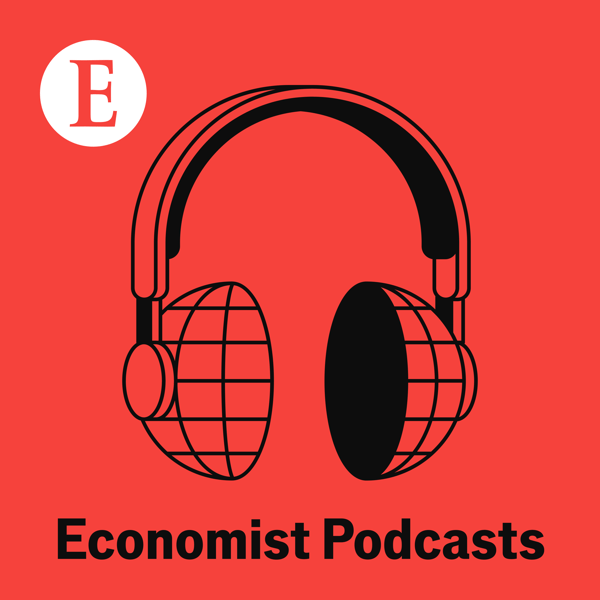Money Talks: Panic economics
Economist Podcasts
The Economist
4.4 • 4.9K Ratings
🗓️ 12 October 2022
⏱️ 42 minutes
🧾️ Download transcript
Summary
This year’s Nobel prize in economics was awarded to Ben Bernanke, Philip Dybvig, and Douglas Diamond for their pioneering research into the role that banks play in financial crises. On this week’s episode, hosts Soumaya Keynes, Mike Bird and Alice Fulwood speak with Professors Dybvig and Diamond about their eponymous model of financial panics - one economics’ most cited papers - and ask whether policymakers have truly absorbed their insights.
Sign up for our new weekly newsletter dissecting the big themes in markets, business and the economy at www.economist.com/moneytalks
For full access to print, digital and audio editions, subscribe to The Economist at www.economist.com/podcastoffer
Hosted on Acast. See acast.com/privacy for more information.
Transcript
Click on a timestamp to play from that location
| 0:00.0 | Monks looks to the future to meet your aspirations. |
| 0:04.0 | That's why we take time to consider those key themes that we believe will provide opportunities for the years ahead. |
| 0:10.0 | Looking forward in this way, rather than backwards, helps our search for those companies that will shape the future. |
| 0:16.0 | We think it's a better way to deliver returns you can look forward to. |
| 0:20.0 | Monks is managed by Bayley Gifford. A key information document is available by visiting BayleyGifford.com. |
| 0:27.0 | As with any investment, capital is at risk. |
| 0:31.0 | This economist podcast is sponsored by UK Export Finance, a government department. |
| 0:37.0 | Did you know last year UKF issued more than £7.4 billion worth of finance and insurance with £3.6 billion on sustainable projects. |
| 0:46.0 | The finance provided by UKF in 2021-22 helped British businesses during the pandemic and supported exporters facing challenges with global supply chains. |
| 0:56.0 | To get the exporters' edge, search UK Export Finance or call 081538-5-TRAB-1. |
| 1:03.0 | In the late 1970s, Douglas Diamond was a PhD student at Yale, studying under Stephen A. Ross. |
| 1:18.0 | Steve was an amazing advisor and stupendous mentor. |
| 1:23.0 | Ross was known for developing theories in financial economics, covering things like arbitrage pricing and binomial options. |
| 1:30.0 | He was also known for another reason. |
| 1:33.0 | Steve used to have this policy of not making appointments, but you would have to sit outside his door waiting to see when he had some time to talk. |
| 1:41.0 | So Diamond would often find himself waiting outside Ross's door. |
| 1:45.0 | He had an assistant who was very nice and gave us cookies and things like that while we sat out there too. |
| 1:50.0 | And he'd often be snacking with a fellow student, Philip, Dibvig. |
| 1:55.0 | While out there we talked to each other quite a bit. |
| 1:58.0 | And while we were in graduate school, we sort of came up with the idea we wanted to work together on something. |
| 2:05.0 | Diamond was particularly interested in the Great Depression and why bank runs happen. Dibvig was game. |
| 2:12.0 | So we thought we need to think about the idea of how we can use some parts of game theory to understand financial crises. |
... |
Please login to see the full transcript.
Disclaimer: The podcast and artwork embedded on this page are from The Economist, and are the property of its owner and not affiliated with or endorsed by Tapesearch.
Generated transcripts are the property of The Economist and are distributed freely under the Fair Use doctrine. Transcripts generated by Tapesearch are not guaranteed to be accurate.
Copyright © Tapesearch 2025.

